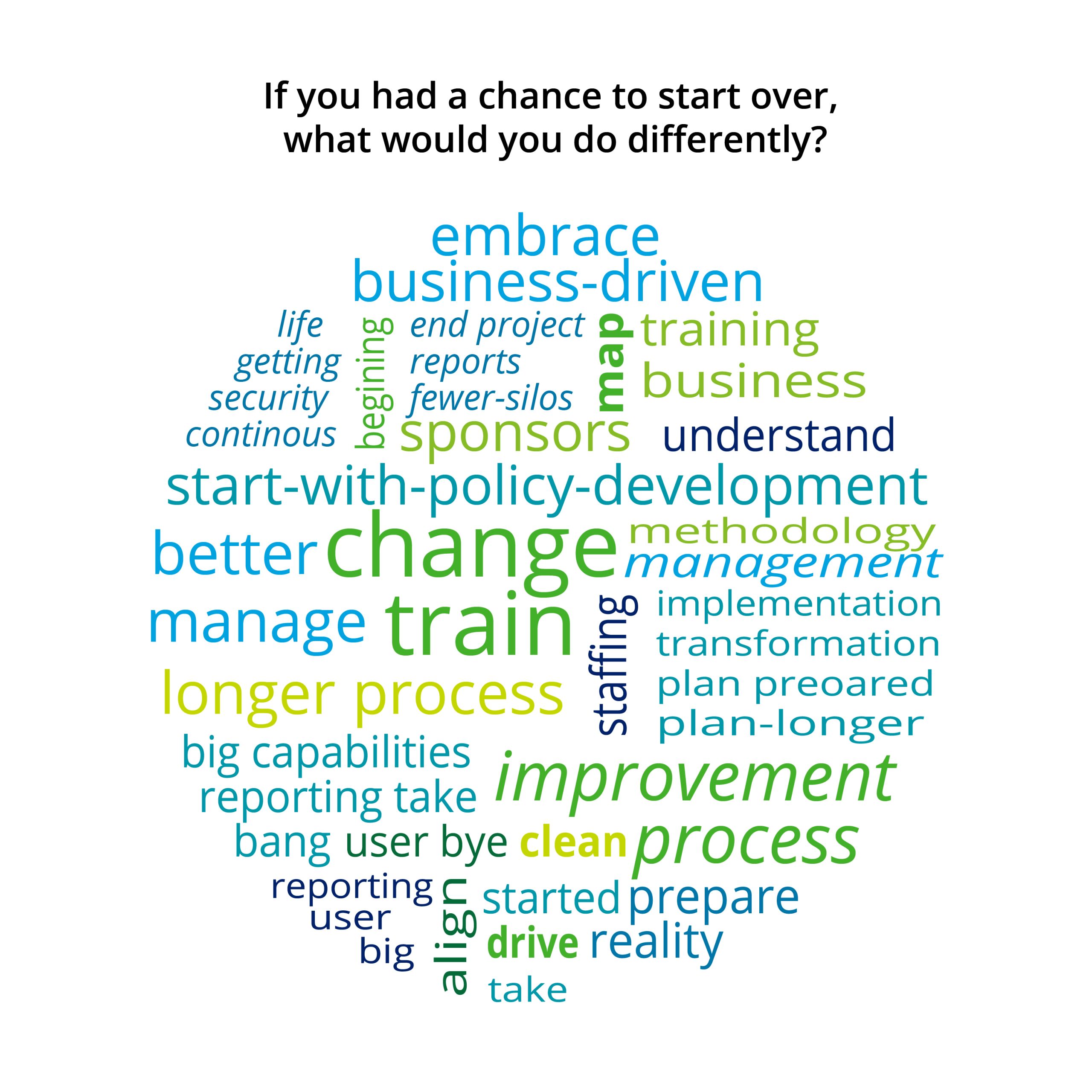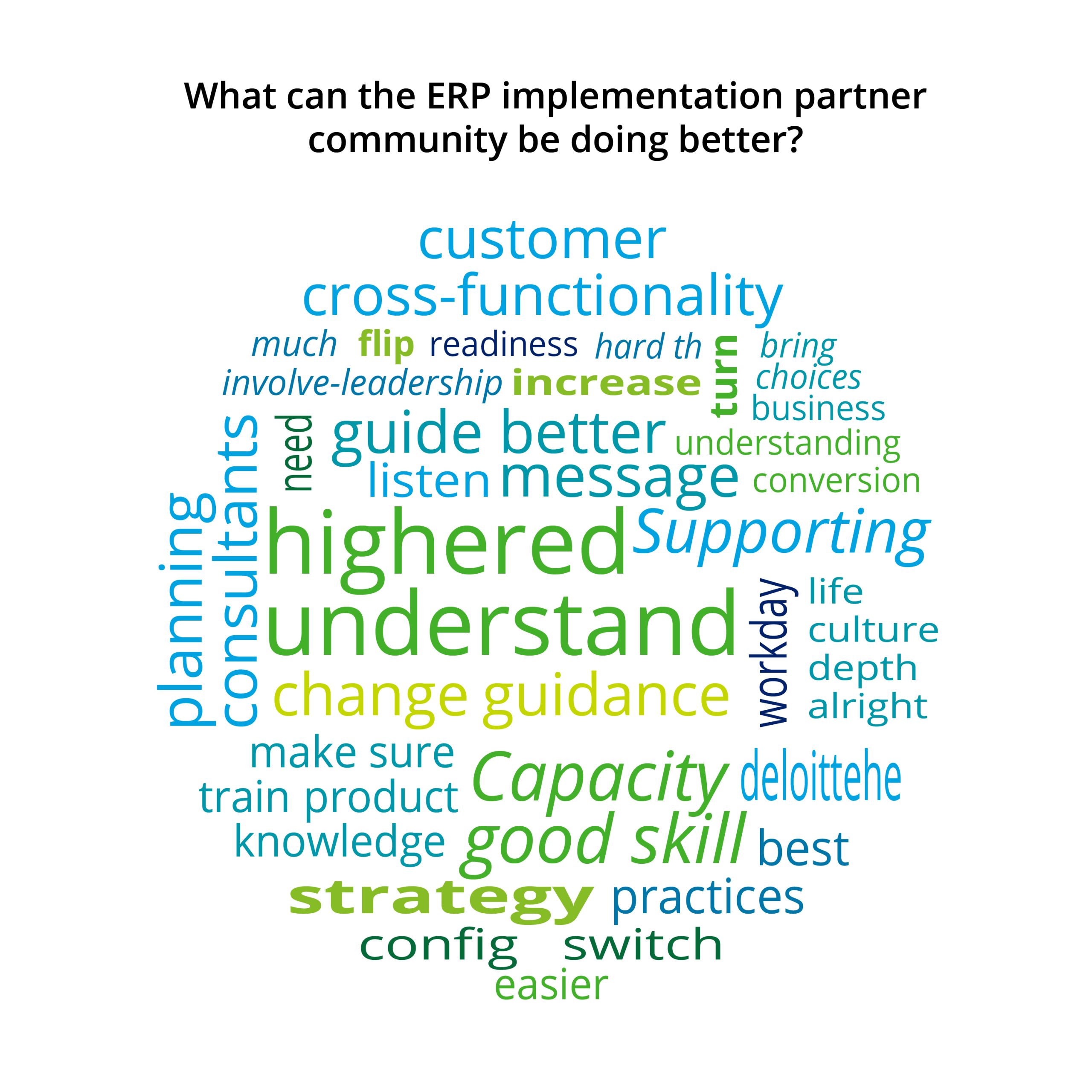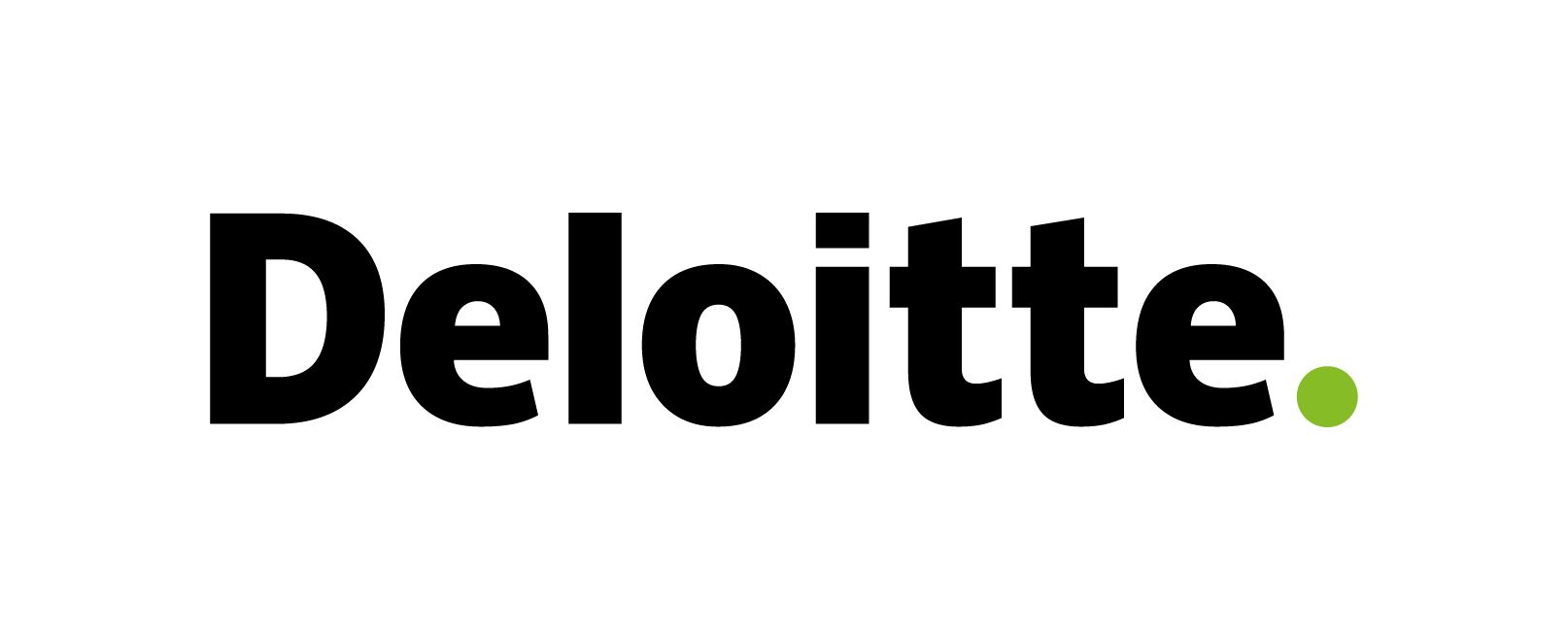Maximizing the Value
of
Cloud ERP

Deloitte Consulting LLP is guiding forward-thinking universities as they move away from the legacy IT systems, on-premises software, and data centers that powered administrative processes for decades. Cloud-based enterprise resource planning (ERP) systems can replace expensive, outdated infrastructure, providing more functionality and transparency. This allows universities to streamline a wide range of operations and devote more resources to academics and compete for top students. But it’s no small undertaking.
ERP solution provider, Workday, offers enterprise cloud solutions for human capital management, finance, and payroll. Deloitte leverages its deep knowledge and experience to help colleges and universities heighten the value of Workday implementations by enabling them to fully utilize the benefits and positioning them to achieve their objectives. As a leading Workday systems integration partner for higher education, Deloitte has seen first-hand how universities can reap the rewards of cloud-based ERP, in the immediate term and even years after implementation. The shift is transformational, influencing processes and institutional culture. Here are a few of Deloitte’s observations.
The roll-out is an opportunity for alignment on goals and for sustained progress
A successful shift to a cloud-based ERP system is more than a technology upgrade. It’s a comprehensive transformation initiative that’s enabled by technology, a critical first step toward a campus wide operating model.
The preparation for an ERP implementation requires the kind of scrutiny of processes and policies that can be elusive amid the daily demands on everyone’s time. At a university, where colleges often operate largely independently of each other, an ERP system transition provides an opportunity to align cultures and mindsets and build consensus. The classic challenge to change, “That’s the way we’ve always done it,” loses its clout as everyone gains access to vastly improved tools and methods.
Organizations work more effectively when they embrace an “agile” model from the outset — and sustain it. The implementation is overseen and driven by cross-functional teams, and collaboration between them enables adaptive planning, evolutionary development, continuous improvement, and rapid and flexible response to change. And because the Workday ERP solution often releases new features, these teams can become the agents of sustainment, staying in place long after launch. When the new system is continuously improving, the university has opportunity and system support to also continuously improve. Higher education institutions that regularly evaluate metrics and act often have greater long-term gains.
Effective sustainment teams will not look like the typical IT department. They not only anticipate next-release features, but they also talk to key stake holders about challenges that the ERP solution might solve in an ongoing feedback loop that drives efficiency. Continuous improvement becomes part of the organization’s DNA. Meanwhile, the IT department can focus on issues like cyber security, an increasingly vital and specialized role.

An ERP system transition provides an opportunity to align cultures and mindsets and build consensus.


An ERP solution can streamline virtually all administrative processes
Starting in 2015, Deloitte worked with an Ivy League university on transitioning to Workday to replace aging administrative software that had been used for HR, payroll, and finance operations.
Workday Financial Management brought the university’s purchasing, financial, and expense reporting into a single platform. The university was able to process twice as many approvals, allowing for more detailed review of transactions with no degradation in processing time. In fact, the transaction time for some key tasks was significantly reduced. And with full visibility into the system, staff found new ways to increase efficiency. For example, analysis during the first year showed that many low-dollar-value requisitions and expense reports were approved with no changes, suggesting that increasing the threshold for approval could reduce administrative burden and improve processing times.
Previously manual tasks like hiring and salary adjustments were digitized by the implementation, reducing and often eliminating the need for paper forms. Employees could easily update their personal information, view pay slips, and even adjust their benefits from their computers or mobile devices.
Workday can also handle effort certification and grant processing activities, which tend to be extremely manual and paper-intensive. This benefits not only administrative staff but also faculty. Researchers can track their own funds, spending, invoices, etc., from anywhere, at any time.
Deloitte’s approach and philosophy has helped schools achieve more efficient and effective operations and service delivery, higher levels of adoption of new processes, greater alignment of policy and procedure, better alignment and use of talent, enhanced reputation of business offices, and increased trust, integrity and transparency.
Access to data that was previously scattered or unavailable creates new opportunites
Marnie Fulton, senior manager in Deloitte Consulting LLP’s Workday Financials practice, has worked with universities that relied on a variety of on-premises software. “They often had one system for HR, and another for financials,” she explains. “And if you wanted to do a report that included head-count data, along with payroll data, along with operational budgets, you couldn’t do that in a streamlined fashion. You basically had to cut and paste.”
In a cloud-based ERP system, however, you can see across the entire enterprise in a holistic way, accessing and merging data sets instantly for views that may not have been possible before. Shadow systems and redundancies can be spotted and eliminated, which can result in more focus and greater value from the talent of staff. And as ERP usage rates increase across the institution, efficiency and consistency become normalized.
“It also helps departments get out of their silos,” adds Jay Dumphy, Managing Director of Deloitte’s Higher Education practice. “The transparency helps them see the downstream and sometimes upstream impacts of their processes. They gain visibility into areas they may not have seen, been aware of, or even cared about before.”
It’s worth noting, too, that the benefits of a university-wide shared platform extend beyond the campus. Historically, the need to rely on a variety of software solutions for different processes, and to customize them over time, meant that no two schools did things quite the same way. But now, universities running the same ERP system can seek input from each other, and share very specific solutions, because for the first time they can make apples-to-apples comparisons of operations and processes.
Deloitte’s inside-out perspective on higher education and cloud enterprise systems gives us an appreciation for the many variables involved. Higher education Workday implementations — and the lessons others can learn from them — are only part of the value Deloitte brings. Change is the biggest challenge institutions face as new practices, processes, and common practices are deployed. Instead of focusing on the functions of the software, Deloitte can help universities focus on the people who will use the system – the human experience. By understanding how users view a business process, Deloitte can configure the solution and align it to their needs, to help them achieve real value from the transition to the cloud, post-implementation and beyond.

To learn more about how cloud migration strategies impact the ongoing benefits of ERP, read the Deloitte white paper on Boosting the Value of Cloud ERP.



